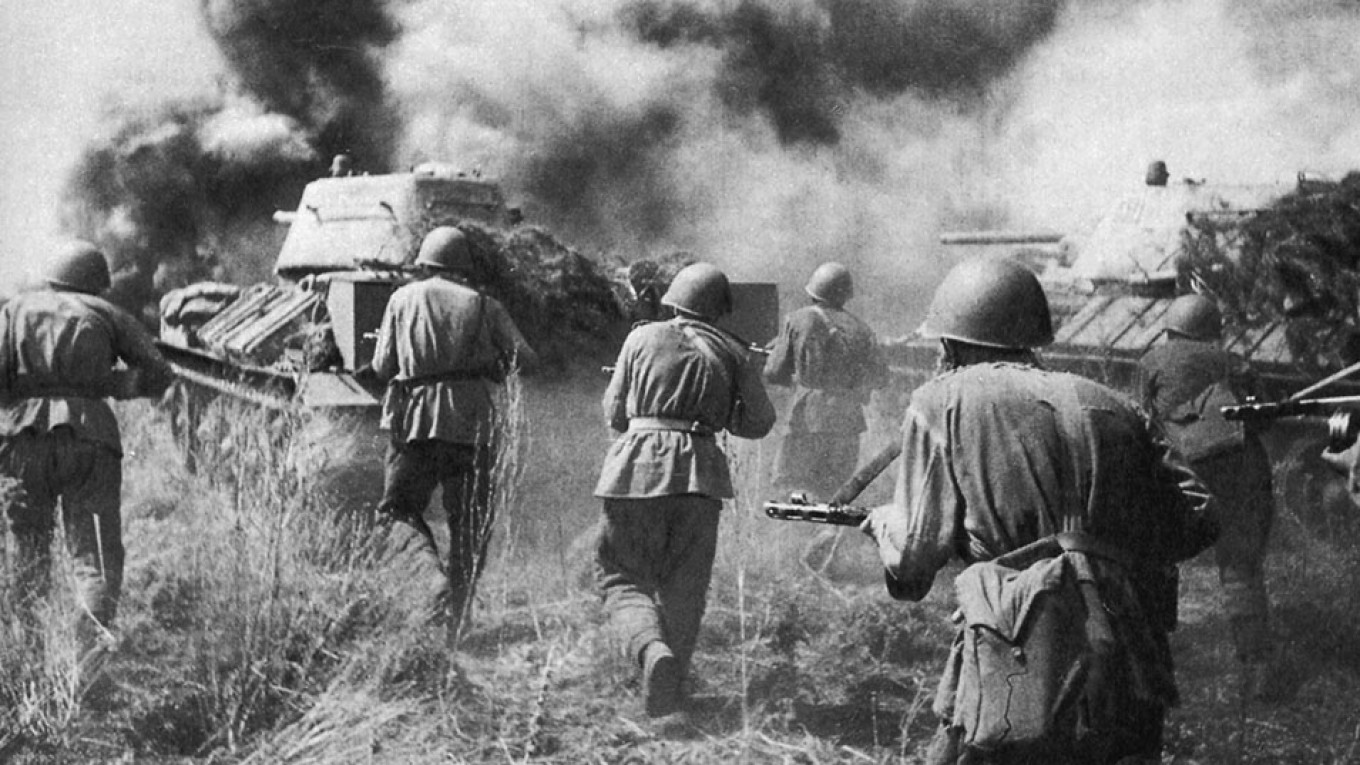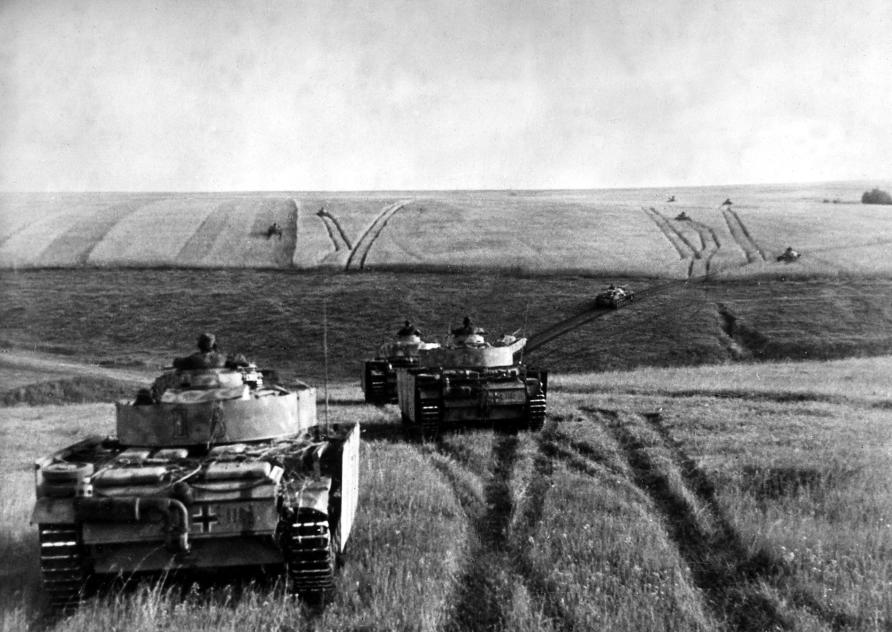The Kursk Submarine Disaster and its Impact on the Russian-Ukrainian War

The Kursk submarine disaster, a tragic event that unfolded in August 2000, remains a pivotal moment in Russia’s military history and continues to cast a shadow over the current conflict in Ukraine. The sinking of the nuclear-powered submarine, with the loss of all 118 crew members, exposed vulnerabilities in Russia’s military capabilities and sparked a wave of public scrutiny. The disaster also had a significant impact on public opinion in Russia, which has implications for the current conflict.
The Kursk Submarine Disaster: A Historical Context, Russian ukraine war kursk
The Kursk submarine disaster occurred during a naval exercise in the Barents Sea. The exact cause of the disaster remains shrouded in mystery, with official investigations pointing to a torpedo explosion. However, there are persistent allegations of negligence and cover-ups surrounding the incident. The Russian government’s initial response to the disaster was widely criticized for its lack of transparency and its delays in seeking international assistance. The disaster revealed deep-seated problems within the Russian military, including outdated equipment, poor training, and a culture of secrecy.
The Impact of the Kursk Disaster on Public Opinion in Russia
The Kursk submarine disaster sparked widespread outrage and grief in Russia. The loss of so many lives, particularly young sailors, deeply affected the nation. The incident also raised serious questions about the competence and accountability of the Russian military leadership. Public trust in the government and the military declined significantly in the aftermath of the disaster. The Kursk tragedy contributed to a growing sense of disillusionment and cynicism among the Russian population. This sentiment, while not directly translating to support for the current conflict in Ukraine, has undoubtedly contributed to the broader context of Russia’s political and social landscape.
Comparing the Kursk Disaster with Other Russian Military Incidents
The Kursk submarine disaster is not an isolated incident in Russia’s military history. The country has experienced a series of military setbacks and accidents, including the 2010 Tupolev Tu-154 crash, the 2019 Sukhoi Su-57 crash, and the 2022 Moskva cruiser sinking. These incidents highlight recurring themes of equipment failures, inadequate training, and a lack of transparency. The handling of these events has often been characterized by a reluctance to acknowledge responsibility and a tendency to downplay the severity of the incidents.
The Kursk Disaster’s Relevance to the Russian-Ukrainian War
The Kursk submarine disaster serves as a reminder of the historical context surrounding Russia’s military capabilities and the challenges it faces in maintaining a modern and effective fighting force. The disaster’s impact on public opinion, particularly the erosion of trust in the military and the government, has implications for the current conflict in Ukraine. While the Kursk incident occurred decades ago, its legacy continues to resonate, influencing public perceptions of the war and the Russian government’s handling of it. The disaster’s legacy highlights the importance of transparency, accountability, and a focus on improving military capabilities in ensuring national security and public trust.
The Role of the Black Sea in the Conflict

The Black Sea, a strategically vital waterway, plays a pivotal role in the Russian-Ukrainian War. Its geographic location, bordering both Russia and Ukraine, makes it a crucial area for military operations, trade, and resource control. The Kursk region, situated in western Russia, is directly connected to the Black Sea through the Don River, making it a key strategic point in the conflict.
The Black Sea’s Strategic Importance
The Black Sea’s strategic importance in the Russian-Ukrainian War stems from its role as a vital waterway for both nations.
- Access to Global Trade: The Black Sea provides crucial access to global trade routes for both Russia and Ukraine, facilitating the export of agricultural products, energy resources, and manufactured goods.
- Naval Power Projection: The Black Sea is a critical area for naval power projection, allowing both countries to deploy their naval forces and influence regional security.
- Control of Critical Infrastructure: The Black Sea is home to vital infrastructure, including ports, pipelines, and shipping lanes, which are crucial for both economies.
The Kursk Region’s Connection to the Black Sea
The Kursk region is directly connected to the Black Sea through the Don River, which flows into the Sea of Azov and then into the Black Sea. This connection makes the region strategically important for the following reasons:
- Land Bridge: The Kursk region acts as a land bridge connecting Russia’s interior to the Black Sea, providing a vital route for military movements and logistical support.
- Resource Control: The Kursk region is rich in natural resources, including iron ore and coal, which are crucial for both Russia’s and Ukraine’s economies.
- Potential Military Operations: The region’s proximity to the Black Sea makes it a potential staging ground for military operations, including amphibious landings or air strikes.
Implications of the Black Sea’s Role
The Black Sea’s role in the Russian-Ukrainian War has significant implications for the conflict’s trajectory and potential outcomes.
- Control of the Sea Lanes: Control of the Black Sea is crucial for both sides, as it allows them to control vital trade routes and project naval power.
- Access to Resources: Control of the Black Sea’s resources, including energy and agricultural products, can provide a significant advantage to the controlling nation.
- Potential for Escalation: The Black Sea’s strategic importance makes it a potential flashpoint for escalation, as both sides are likely to defend their interests in the region.
The Kursk Region’s Historical and Cultural Significance: Russian Ukraine War Kursk

The Kursk region, located in southwestern Russia, holds profound historical and cultural significance, deeply intertwined with the fabric of Russian identity. It played a pivotal role in shaping the nation’s history, leaving an enduring mark on its cultural landscape and influencing the current conflict in Ukraine.
The Kursk Region’s Historical Significance
The Kursk region has witnessed numerous historical events that shaped Russia’s trajectory. Its strategic location, situated on the border between the East European Plain and the Black Sea, has made it a battleground for centuries. One of the most defining moments in Russian history occurred in this region: the Battle of Kursk in 1943, a turning point in World War II. The fierce fighting between the Soviet and German forces at Kursk, one of the largest tank battles in history, ultimately led to the Red Army’s victory and the eventual defeat of Nazi Germany. The region’s name, Kursk, is synonymous with this historical event, solidifying its place in the collective memory of Russia.
The Kursk Region’s Cultural Heritage
The Kursk region boasts a rich cultural heritage, deeply rooted in its history. Its folk traditions, including music, dance, and crafts, reflect the region’s unique identity. The Kursk region is also renowned for its religious significance, with numerous Orthodox monasteries and churches dotting the landscape. The Kursk Root Icon of the Mother of God, a venerated religious icon believed to possess miraculous powers, is one of the most prominent symbols of the region’s spirituality. The Kursk region’s cultural heritage has been a source of pride and unity for its inhabitants, fostering a strong sense of local identity and contributing to the broader cultural landscape of Russia.
The Kursk Region’s Cultural Heritage and the Conflict
The Kursk region’s cultural heritage has a direct impact on the current conflict in Ukraine. The region’s history of conflict, particularly the Battle of Kursk, has instilled a sense of resilience and determination among its inhabitants. The region’s cultural traditions and religious beliefs have also played a role in shaping the conflict, with some viewing it as a clash between Russian and Ukrainian identities. The ongoing conflict threatens to disrupt the region’s cultural heritage, raising concerns about the preservation of its historical sites and traditions.
The Kursk Region’s Historical and Cultural Significance in Comparison to Other Regions
The Kursk region’s historical and cultural significance can be compared to other regions involved in the conflict. For example, the Donbas region in eastern Ukraine also holds historical and cultural significance, with its strong ties to Russia. However, the Donbas region has been a source of tension and conflict for decades, driven by economic and political factors. The Crimea Peninsula, another region annexed by Russia, also has a complex historical and cultural background, with its historical ties to both Russia and Ukraine. While the Kursk region’s historical and cultural significance is rooted in its role in shaping Russian identity, the other regions involved in the conflict have their own unique historical and cultural narratives that contribute to the complexities of the situation.
Russian ukraine war kursk – The Russian-Ukraine war, especially the Kursk battle, is a grim reminder of the human cost of conflict. It’s a stark contrast to the stories of PA Powerball winners , who experience life-changing fortune. While the war brings destruction and despair, these winners find themselves in a different world, navigating their newfound wealth and the impact it has on their lives.
The contrast between these two realities highlights the vast spectrum of human experience, from the depths of tragedy to the heights of unexpected fortune.
The Kursk submarine tragedy, man, it was a real bummer. Just like finding out who won powerball last night and realizing it wasn’t you, it was a big loss for Russia. The Kursk tragedy made people realize just how dangerous the war in Ukraine could be, and it really shook things up.
